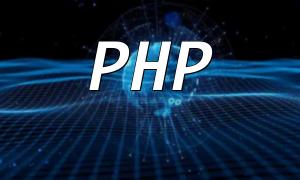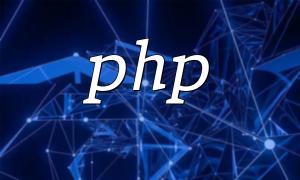PHP's built-in function json_encode offers a convenient way to directly convert arrays into JSON strings. This method is especially useful for sending JSON data to front-end applications or interacting with third-party APIs in web development.
The basic usage to convert an array into a JSON string is as follows:
$json_string = json_encode($array);Here, $array is the array to be converted, and $json_string is the resulting JSON string.
The json_encode function supports several optional parameters to control the JSON output format, mainly including:
Suppose we have the following associative array:
$data = [
'name' => 'John Doe',
'age' => 30,
'occupation' => 'Software Engineer'
];Use json_encode to convert it to a JSON string:
$json_string = json_encode($data);
echo $json_string;The output will be:
<span class="fun">{"name":"John Doe","age":30,"occupation":"Software Engineer"}</span>If you want the JSON output to be more readable, you can add the JSON_PRETTY_PRINT flag:
$json_string = json_encode($data, JSON_PRETTY_PRINT);
echo $json_string;This will generate JSON with line breaks and indentation automatically.
With the json_encode function, PHP developers can quickly and efficiently convert arrays into JSON format, with support for various parameters to meet different needs. Mastering these techniques helps improve the flexibility of data handling and maintainability of code.
Related Tags:
JSON








